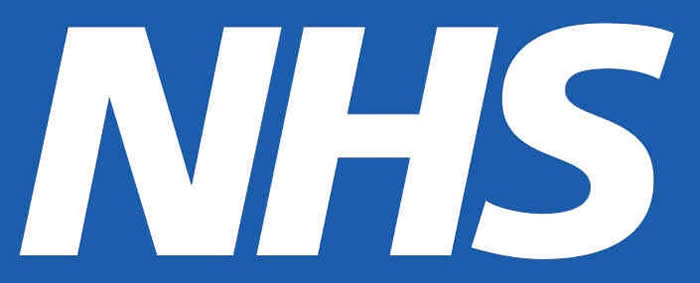 FGM – Supporting Girls Information for patients
FGM – Supporting Girls Information for patients
Duty of health professionals to report abuse against a girl under 18 – FGM
Your healthcare professional is obliged under the law to report female genital mutilation (FGM) in a girl under 18.
This is no different from any other obligation on healthcare professionals to report abuse against children. FGM is child abuse so the healthcare professional must make a report to the police.
If a healthcare professional finds that a girl has had FGM, they will tell you they are going to make a report and they will discuss what this means for you. They may speak further with you depending on the circumstances.
When the police receive this information, they will speak with NHS and children’s services professionals to determine what should be done, given the circumstances of the individual case.
Please ask questions and let your healthcare professional know if you require support or translation from an independent interpreter.
What is FGM?
Female Genital Mutilation (FGM) is a procedure where the female genital organs are deliberately cut or injured, but where there is no medical reason for this to be done. It is very painful and dangerous and can seriously harm women and girls’ health. Some girls die from blood loss or infection as a direct result of the procedure. Women who have had FGM may have mental health conditions as a result, and are likely to have difficulty in giving birth.
FGM can be carried out on girls of all ages but may be more common between the ages of 5 and 10. It can be known as female circumcision, cutting or by other terms such as sunna, gudniin, halalays, tahur, megrez and khitan among other names.
FGM causes serious harm to girls and women, including:
- constant pain
- repeated infections which can lead to infertility
- bleeding, cysts and abscesses
- problems passing urine or incontinence
- depression, flashbacks, self-harm
- labour/childbirth problems which can lead to death
FGM is illegal
FGM is illegal. It is child abuse and must never be carried out either here or abroad. It is also illegal to arrange for your child to be taken abroad for the procedure or help someone to carry out FGM in any way. Anyone found guilty of this faces up to 14 years in prison and may also be made to pane.
What help can you get?
If you have had FGM, you can get help and support from your GP or other healthcare professionals.
If you are concerned about any girl who may be at risk of FGM, tell a health professional or phone the NSPCC helpline 0800 028 3550, 24 hours a day.
If you are worried that you may be pressured by your family or community to have FGM performed on your daughter, ask your GP, health visitor or other healthcare professionals for help.